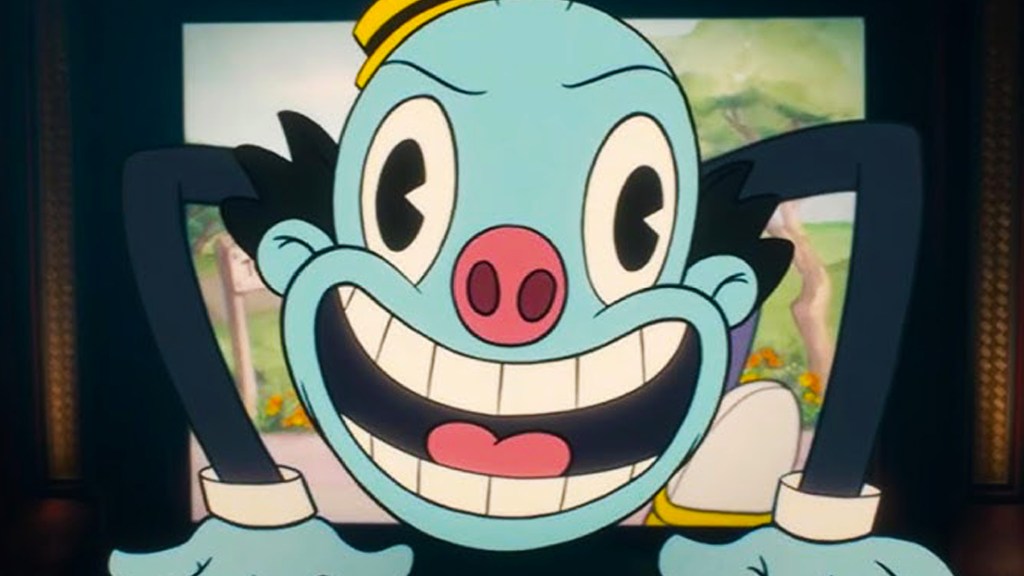After recent controversial choices that betray the series’ core concept, there are hopes that iconic British sci-fi series Doctor Who will course correct and get back to its roots. Doctor Who is the longest-running sci-fi TV series in history, having released adventures across TV, movies, audiobooks, and video games for over 60 years. Its longevity has helped Doctor Who become one of the most popular, successful, and beloved fixtures on British TV, but recent storylines and creative decisions have polarized once-loyal audiences.
Videos by ComicBook.com
At its core, Doctor Who is the story of an alien Time Lord known only as the Doctor, who has the ability to regenerate into new actors, traveling in his time machine, the TARDIS, usually with a human companion. The introduction of the most recent iteration of the Doctor, portrayed by Ncuti Gatwa, marked a new chapter as beloved showrunner Russell T. Davies returned to his former post following a few years of turmoil. However, Davies’s return hasn’t been the success fans hoped for, but there’s still a chance that Doctor Who can earn back its stellar reputation.
Doctor Who’s Recent Adventures Have Forgotten the Meaning of the Show

When it first started back in 1963, and for several decades since, Doctor Who primarily used a case-of-the-week format to bring the Doctor and their companions to a new location, a new time period, and in the presence of new characters with each episode. This format underwent a shift when Doctor Who returned after a 16-year hiatus in 2005, as Russell T. Davies introduced overarching narratives that developed in the background throughout a season and came to a head in each finale. This was an incredibly popular format, but it’s been taken to extremes in recent years.
RELATED: 3 Reasons Why Doctor Who Could Survive a Break
For the last two years, Doctor Who seems to have forgotten about its case-of-the-week format and has instead pitted the Doctor and his most recent companions, Ruby Sunday (Millie Gibson) and Belinda Chandra (Varada Sethu), against a Pantheon of Gods. Two seasons also set up the reintroduction of the Rani (Anita Dobson and Archie Panjabi), a Time Lord who was last seen in 1987. The shortening of seasons and lack of real exploration of new and classic monsters means Doctor Who has lost some of the magic that made it so brilliant 20 years ago.
In recent years, there has been no mention of classic villains such as the Daleks, the Cybermen, the Sontarans, or the Master, and while it’s been fun to see new and interesting antagonists appear, connecting them to a Pantheon of Gods may have been a mistake. This connection means the Doctor has pretty much faced the same villain each time, but their godly powers ultimately led to nothing, as it was the Rani and Omega who posed a threat in Doctor Who series 15’s finale, “The Reality War.” It’s high time Doctor Who gets back to its roots, though some unusual questions still need to be answered.
Doctor Who Series 15’s Finale Continues a Weird Regeneration Trend

Doctor Who’s incredible longevity has been made possible by the fact that the Doctor is able to change his entire body into a new form when he becomes old, injured, or killed. This process, called regeneration, means that a new actor can debut as the Doctor every few years, with each delivering their own take on the iconic character. For decades, this was a simple concept that only saw one actor replace another for the Doctor’s space-faring, time-traveling adventures, but, more recently, the idea of regeneration has been messed around with quite a lot, which has been divisive.
The idea of the Doctor simply changing from one actor to another may no longer be the case. It was previously thought that the Doctor, like all Time Lords, had a select number of regenerations, but the Doctor was later revealed to be the Timeless Child, a foundling from another universe whose regenerative ability was stolen by early Gallifreyans. This means the Doctor can regenerate an unlimited number of times, effectively writing out a key piece of lore. This, however, hasn’t explained why David Tennant returned as the 14th Doctor, and why Billie Piper appeared following Ncuti Gatwa’s recent regeneration.
It’s unclear what the future holds for Doctor Who, as a new season hasn’t yet been confirmed, and there is speculation it may be put on hiatus again. However, the only way to explain recent mysteries and bring it back to its original concept – an adventurer traveling through time to explore new worlds and meet wild characters – is for the series to continue. It would be a huge shame for Doctor Who to be cancelled, especially after Billie Piper’s return in 2025, and renewing the legendary sci-fi series for more adventures would be the best way to course correct.
Do you want to see Doctor Who continue after series 15’s finale? Let us know in the comments!








